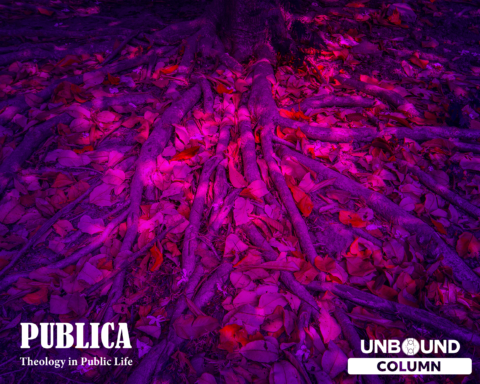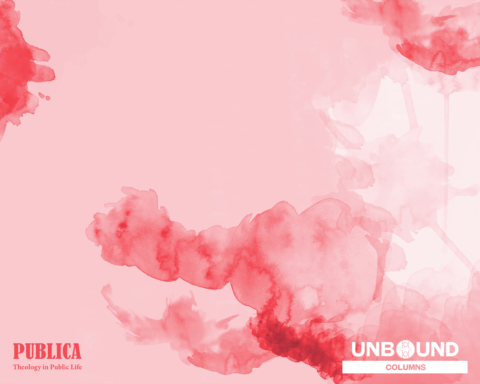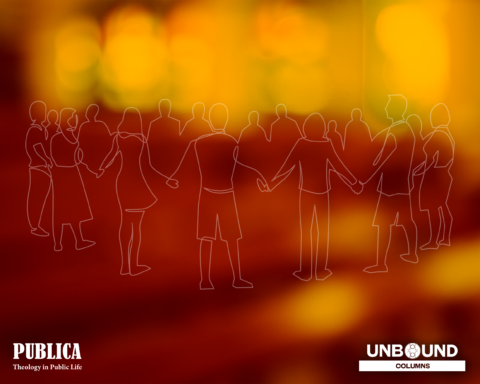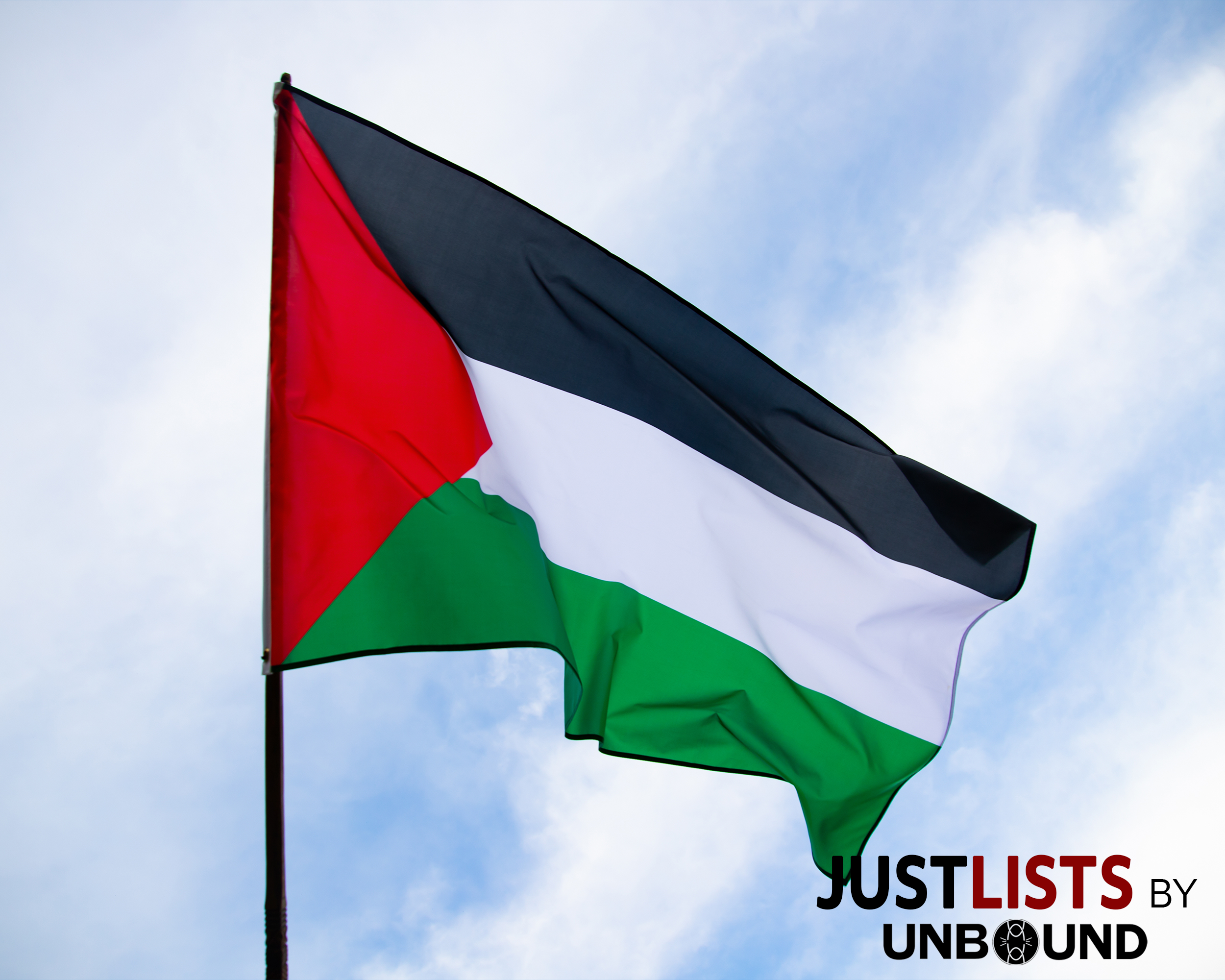In contemporary theological studies, the voice and impact of African women theologians have been instrumental in redefining religious and ethical paradigms around the world. Their contributions not only enrich theology with historically marginalized perspectives, but also challenge and transform power structures within faith communities.
The theological work of women illuminates the unseen and denounces practices and activities that run counter to the Gospel. The work of women investigates and teaches in favor of social justice to understand the intersections between spiritual practices, constructions of gender, sex, ethnicity and social justice, which are intertwined to deepen and enrich theological reflection.
Below, we present the 10 most inspiring African theologians. Each of them not only expands the theological canon, but also motivates and trains a new generation of scholars and believers to think critically about the theological work of women at the heart of the church and society.
1. Mercy Amba Oduyoye (Ghana)
Mercy Amba Oduyoye, born in Ghana in 1933, is an academic, theologian and activist known as the “mother of African women’s theologies.” She was educated in Methodist schools and later studied at the Kumasi College of Technology. She earned her master’s degree in sacred theology from the University of Cambridge. Oduyoye was the first woman in Africa to obtain a university degree in Theology and with this training she taught at various universities in Africa, such as Cape Town and Nairobi. Additionally, she has been a visiting professor at the University of Ghana and at institutions in the Netherlands, South Africa and the United States.
She is the founder of the Circle of African Theologians and founding director of the Women’s Institute in Religion and Culture at Trinity Theological Seminary in Legon, Ghana and has made significant advances in contemporary theological and ethical discussions. Mercy is an influential theologian in the understanding of African spirituality and the defense of women’s rights.
Publication: “Beads and Threads: An African Woman’s Reflections on Christianity in Africa.”
2. Musa W. Dube (Botswana)
Musa W. Dube is a Botswana academic, theologian and activist. She earned her doctorate in New Testament from Vanderbilt University in Nashville, United States. Musa is a professor of New Testament at the University of Botswana and is widely recognized for her contributions to feminist and postcolonial theology. Her work on biblical interpretation from an African perspective has been influential in academic and practical settings. She is the general coordinator of the Circle of Concerned African Women Theologians. Her contributions to the decolonization of theology and her advocacy for gender justice have made significant advances in contemporary theological and ethical discussions. Winner of the Gutenberg Ensino Prize (2017) from Gutenberg University, Germany.
Musa works hard and consistently at the intersection of gender, race, ethnicity, and colonial ideology and their impact on the production and use of biblical texts in history. She has explored ways of reading the Bible for an effective response in the context of HIV/AIDS, integrating gender and challenging theological institutions to revise their curriculum. She is an active member of the United Methodist Church and the Society of Biblical Literature.
Publication: “Postcolonial Feminist Interpretation of the Bible.”
3. Isabel Apawo Phiri (Malawi)
Isabel Apawo Phiri is a Malawian academic, theologian and activist. She obtained her doctorate in Theology from the University of Cambridge, United Kingdom. Phiri is known for her work in African feminist theology, gender studies and social justice in the African context. She has worked in various academic institutions and is widely recognized for her contributions to theology and her defense of women’s rights.
She is Deputy General Secretary for Public Witness and Diakonia for the World Council of Churches and Professor of African Theology and Dean of the School of Religion, Philosophy and Classics at the University of KwaZulu-Natal. Isabel is a prominent figure in contemporary African theology, and her work has been instrumental in advancing discussions about gender and religion in Africa.
Publication: “African women, religion and health: essays in honor of mercy” (Co-editor).
4. Musimbi Kanyoro (Kenya)
Musimbi Kanyoro is a Kenyan academic, theologian and activist. She obtained her doctorate in Feminist Theology from the San Francisco Theological Seminary, United States. Musimbi is recognized for her important contributions to African feminist theology and her tireless work advocating for women’s rights and social justice. She has held leadership positions in several international organizations and remains an influential voice in the field of theology and gender studies.
She was executive director of the Young Women’s World Christian Association (YWCA) and general secretary of the Lutheran World Federation for several years. She has been a key figure in promoting gender justice and women’s rights in both religious and secular contexts. Her work has addressed critical issues such as health, reproductive rights, and women’s empowerment.
Publication: “Presenting Feminist Cultural Hermeneutics: An African Perspective”
5. Oluwatomisin Olayinka Oredein (Nigeria)
Oluwatomisin Olayinka Oredein is a Nigerian academic and theologian. She obtained her doctorate in Theology and Gender Studies from Duke University, United States. Oredein is recognized for her contributions to African feminist theology and for her work at the intersection of gender, race, and religion in African and diasporic contexts. She has taught at several academic institutions and is a respected voice in contemporary theological studies.
Inaugural winner of the Notre Dame Press Prize for her book: “The Theology of Mercy Amba Oduyoye: Ecumenism, Feminism and Communal practice.” She received the Louise Clark Brittan Endowed Teaching Excellence Award in Teaching. She has critically addressed theology from womanist and postcolonial perspectives and her work has influenced the understanding of how gender and racial identities affect religious and theological practices.
Publication: “The Theology of Mercy Amba Oduyoye: Ecumenism, Feminism, and Communal Practice”
6. Léocadie Lushombo (Congo)
Léocadie Lushombo is a consecrated theologian, member of the Teresian Institution. She obtained her Doctorate in Theological Ethics from Boston College, United States, and has several master’s degrees in theological ethics, sustainable development, and economics and development. Her primary area of research is Christian ethics, with a focus on political theology, decolonial and liberation theology, Catholic economics and social thought, African theological ethics and inculturation, nonviolence, and just peace ethics. She is a consultant and trainer on justice, peace and gender issues in Central Africa and Abya Yala.
Publication: “A Christian and African Ethics of Women’s Political Participation: Living as Resurrected Beings”
7. Kate Coleman (Ghana)
Kate Coleman is a theologian and minister. She was born in Ghana and moved to England, where she became the first African woman to be an accredited Baptist minister and ordained. Later, she became the first African woman president of the Baptist Union (2006-2007).
She founded Next Leadership, an organization dedicated to developing leadership in various areas especially in the church. In 2017, she was recognized as one of the 20 most influential black Christian women leaders in the UK.
Publication: “7 deadly sins of women in leadership”
8. Elizabeth W. Mburu (Kenya)
Elizabeth W. Mburu is a Kenyan theologian who teaches New Testament and Greek at the International Leadership University, Africa International University and Pan Africa Christian University in Nairobi. She earned a Master of Divinity from the Nairobi International School of Theology and a Master of Sacred Theology from Northwest Baptist Seminary. Elizabeth completed her doctorate in New Testament at Southeastern Baptist Theological Seminary in the United States.
She is currently a professor of New Testament and Greek at several universities in Nairobi.
Publications: “African Hermeneutics”
9. Loreen Maseno (Kenya)
Loreen Maseno earned her Ph.D from the University of Oslo, Norway, in an interdisciplinary academic program covering kinship, theology, and gender studies. Her postgraduate research focused on ethnographic studies among the Abanyole people of rural western Kenya.
Upon her return to Kenya, she faced limited access to online databases, but the HRAF Global Scholars program gave her access to an extensive repository of ethnographic and archaeological information, which she uses for citations in research publications and for teaching postgraduate courses. She is a senior lecturer at the Department of Religion, Theology and Philosophy at Maseno University.
Publication: “Women Within Religions: Patriarchy, Feminism, and the Role of Women in Selected World Religions”
10. Teresa Okure (Nigeria)
Teresa Okure is a Nigerian Catholic nun and the first African to become a member of the Company of the Holy Child Jesus. She is a resident professor in the Department of Biblical Theology at the Catholic Institute of West Africa in Port Harcourt, Nigeria, where she has taught New Testament and Gender Hermeneutics since 1999. She earned her doctorate from Fordham University and was mentioned as a possible candidate for the appointment of cardinal by Pope Francis in 2013.
She is the Academic Dean and Dean of Student Affairs at the Catholic Institute of West Africa and a member of several national and international theological and biblical associations. Founding President of the Catholic Biblical Association of Nigeria, she is a recognized biblical scholar with numerous conferences given.
Publication: Co-Editor of the Bible Commentary “Series Texts @ Contexts and Global Bible Commentary”
Aline Frutuoso:
Brazilian economist and theologian. Doctoral student in Religious Sciences at the Pontifical Catholic University of São Paulo. Member of the Black Evangelical Movement and the Teomulher Network. She writes about black feminist theology, womanism, and decolonization.
Yenny Delgado:
Peruvian psychologist and theologian. She is a doctoral candidate in Psychology of Religion at the University of Lausanne. She is the convener of Women Doing Theology in Abya Yala and director of Publica Theology. Yenny plays a critical role in fostering dialogues that amplify women’s voices and promote theological reflection from womanist and feminist decolonial perspectives.






Unbound Social